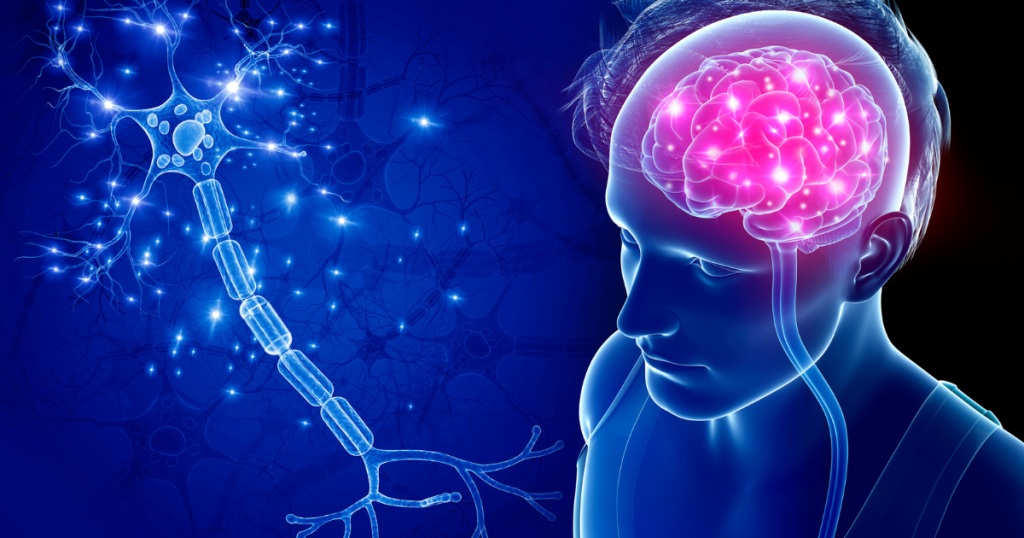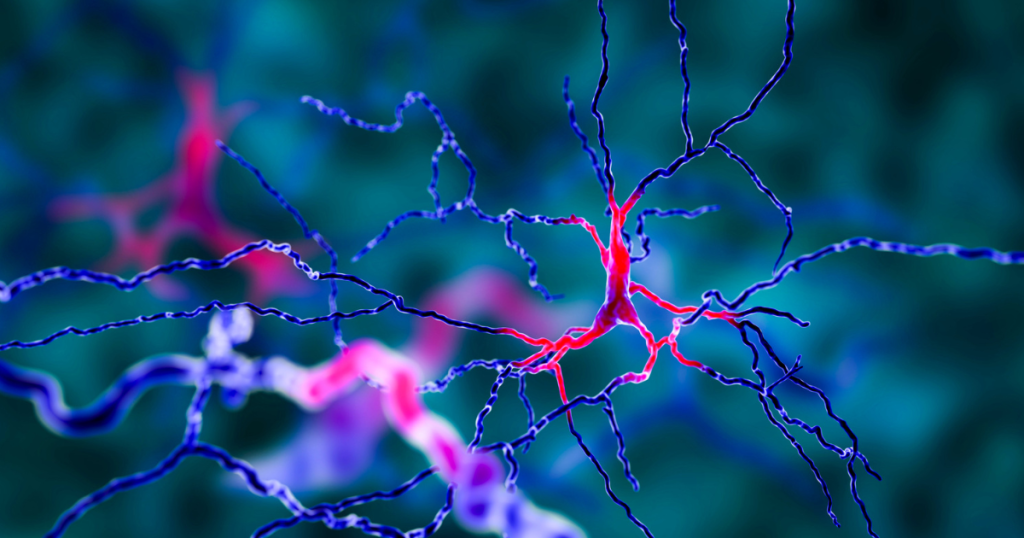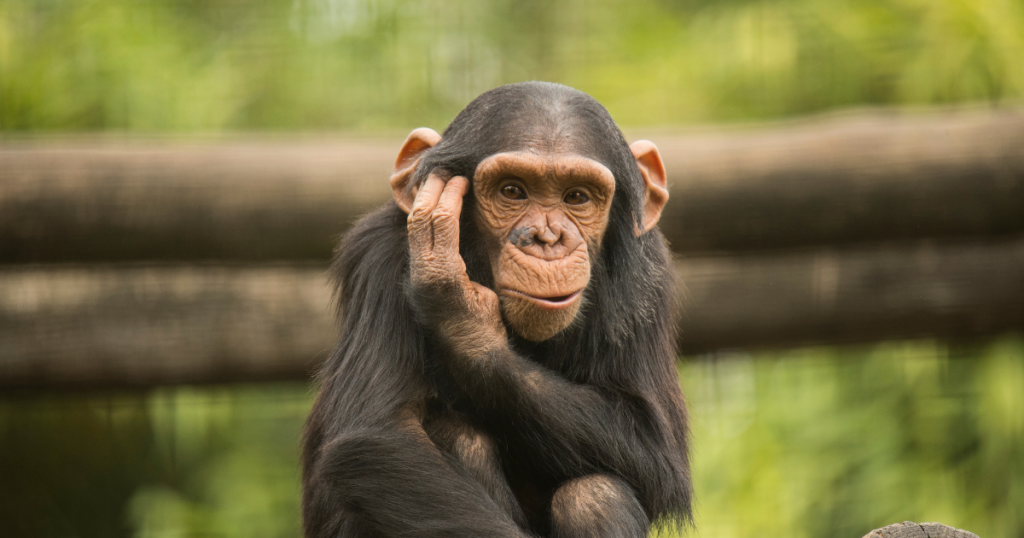Ever wonder why some people are Highly Sensitive, but most people are not?
Highly Sensitive People (HSPs) are born that way. Highly Sensitive.
High Sensitivity is not a disorder. Nor is it an attempt to be dramatic or to get attention. It’s a trait in the same way eye color is a trait.
HSPs’ nervous system is calibrated differently than non HSPs’.

The way HSPs process social, environmental, emotional, and physical stimulation is more intense and at a deeper level than people without the trait. It is biological.
If you are a Highly Sensitive Person, you’ve likely been called “too sensitive”, at least a thousand times. And advised more than a few times to “have a thicker skin” or to “lighten up.” (If I had a nickel for every time these comments were made to me….)
You may be among the 15-20% of people who is Highly Sensitive if, among other features, you tend to:
- Notice nuance and details
- Get stressed out or annoyed in chaotic environments – and need to retreat somewhere quiet to regroup
- Feel rattled when there’s a lot to do in a short period of time
- Find that you’re unable to watch violent movies or television shows – it’s just too disturbing
- Experience peace and awe in nature
- Need plenty of sleep, consistently, in order to function
- Are prone to getting hangry
The High Sensitivity trait, which occurs equally in males and females, is a result of a combination of genes. In fact, scientists have discovered at least three different genetic combinations among Highly Sensitive People. The gene variants include different configurations of the following neurotransmitters:
- Serotonin Transporter
- Dopamine
- Norepinephrine
Let’s look at these in more detail.
1. Serotonin Transporter and Highly Sensitive People:
Serotonin transporter is a chemical that transports serotonin out of the brain. HSPs have a variant of this gene (officially called 5-HTTLPR).
The 5-HTTLPR gene variant increases sensitivity to surroundings and is associated with learning from experience. The presence of the gene enhances the effects of both good and adverse childhood experiences.
This may explain why childhood experiences–positive and adverse–impacts wellbeing so much for a Highly Sensitive adult. For better or worse, HSPs’ childhood experiences affect them more than does the childhood of a person without the trait.
2. Dopamine:

This neurotransmitter is known as the reward chemical.
If you have a sensitive nervous system, you don’t need much to feel “rewarded” by external stimuli. Chaotic, noisy, loud environments exhaust rather than excite you.
Let’s just say you don’t exactly get the same kind of dopamine hit that your non Highly Sensitive friends gets at a rock concert or other loud venue.
The same Dopamine variant is also relevant in understanding why HSPs feel more rewarded by positive social or emotional cues.
3. Norepinephrine and Highly Sensitive People:
Norepinephrine helps the body with the stress response.
And there’s one variant, common in HSPs, that boosts emotional vividness. If you have it, you tend to experience emotional aspects of the world intensely. You may also have more going on in parts of the brain that create internal emotional responses to experiences.
Most HSPs respond more strongly to emotions than do non-HSPs. In addition, they often notice emotional nuances where others don’t pick up on anything.
If you’re Highly Sensitive, this gene variant may be at least partly responsible. And it directly drives the level of empathy and awareness you have for others’ feelings.
Evolutionary Benefit
So if 15-20% of a population has something in common, such as High Sensitivity, it is not considered a disorder. The rate is a lot of people in total but still uncommon enough that HSPs often report feeling weird or different.

HS has been found in at least 100 species, including fish, horses, fruit flies, and chimpanzees.
Highly Sensitive People and HS animals pick up on more environmental cues, recognize things that others don’t, and make wise decisions in new settings. They don’t rely on routines, which non HSPs and non HS animals tend to do.
There is definite survival advantage to being keenly aware of your environment.
In general, people who take the time to notice environmental cues before making a decision come out ahead — even with a high cost to doing so. HSPs’ sensitivity means they make better and better decisions over time.
So, here is the key point: If the rate of High Sensitivity were 100%, everyone would notice nuance and details. No one would have any advantage. That could explain why HSPs are about 15-20 percent of the population rather than 90, 95, of 100 %!
No more wondering why no one else thinks things through the way HSPs do. HSPs are able to see things others don’t see and feel emotions others don’t feel, That in and of itself creates value.

Further, HSPs feel positive things and negative things more intensely. Highs can be joyous, and lows can be horrible. For the survival of our species, only a subset with those features could exist.
The world needs diversity of all kinds, including people who are Highly Sensitive. And people who are not.
Dr. Elayne Daniels is a psychologist, consultant, and international coach in the Boston area whose passion is to help people celebrate their High Sensitivity…and shine their light!
To read more about High Sensitivity, check out some blogs here.


